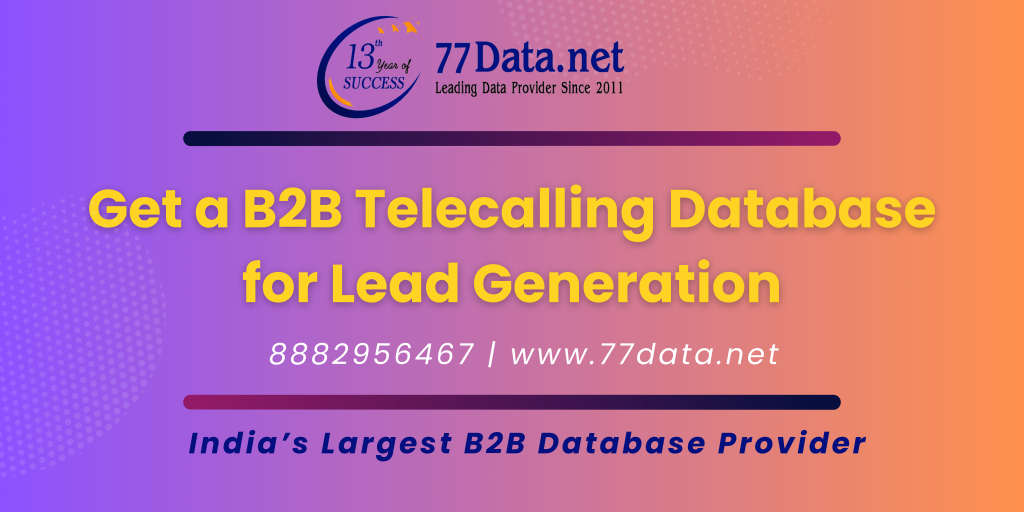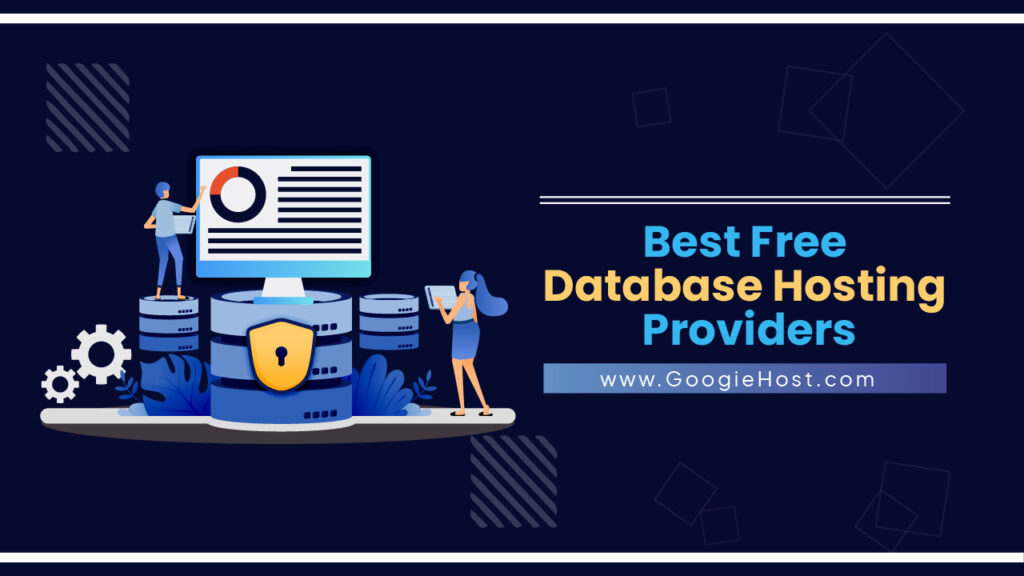Secret Attributes to Seek When Picking a Data Source Supplier
Choosing a data source provider is an important decision that can substantially affect your company's procedures and data monitoring approach. Amongst the crucial functions to take into consideration are scalability alternatives, which guarantee that your system can adapt to expanding demands. Security steps, efficiency metrics, and customer assistance likewise play critical roles in this analysis process. As you evaluate these variables, it comes to be apparent that the selection is not merely regarding performance however also regarding aligning with your long-lasting vision. What other factors to consider might influence this important choice?
Scalability Options
When choosing a data source company, comprehending scalability choices is critical to making certain that the picked option can fit future growth. Scalability describes the capability of a data source system to increase its capacity and performance in response to increased demand. There are two primary types of scalability: upright and straight.
Upright scalability, or "scaling up," includes enhancing a single server's resources, such as CPU, RAM, or storage. This approach can be uncomplicated and economical for smaller applications but may reach a limit where better upgrades are too costly or not practical.
Horizontal scalability, or "scaling out," entails adding a lot more web servers to disperse the tons. This method permits greater adaptability and can accommodate significant boosts in data volume and user web traffic (database provider). It is particularly useful for cloud-based data source options that can dynamically allocate resources based on need

Safety Procedures

When examining safety and security measures, take into consideration the application of encryption methods (database provider). Data-at-rest and data-in-transit encryption are necessary to make certain that delicate information continues to be protected, also in case of a security breach. Furthermore, try to find companies that supply strong verification systems, such as multi-factor verification (MFA), to even more boost gain access to control
Routine safety audits and compliance with market requirements, such as GDPR or HIPAA, are indicative of a supplier's dedication to information protection. Moreover, ask about their occurrence response plan; a durable plan can lessen the impact of any potential protection event.
Efficiency Metrics
Examining efficiency metrics is important for companies to make certain that their picked database company fulfills functional requirements. Key efficiency metrics include reaction scalability, throughput, and time, which jointly establish the efficiency go to this website of database procedures under varying lots.
Feedback time is vital, as it reflects how swiftly the data source can process questions and return outcomes. Organizations ought to search for metrics that suggest typical reaction times throughout top and off-peak hours. Throughput, usually gauged in deals per 2nd (TPS), provides understanding into the database's ability to take care of high quantities of requests without performance deterioration.
Scalability examines the data source's capability to expand with the company's requirements. A robust data source copyright need to demonstrate horizontal and upright scaling capabilities, allowing for smooth adjustments as needs fluctuate. Additionally, comprehending latency, particularly in dispersed systems, can help organizations review the responsiveness of the data source throughout various geographical areas.
Client Assistance
Reputable consumer support is a cornerstone of efficient data source monitoring, supplying organizations with the aid needed to resolve concerns and maximize efficiency. When selecting a data source copyright, reviewing the level of consumer assistance they offer is crucial. A robust assistance system ought to include several networks of communication, such as phone, e-mail, and live chat, guaranteeing that individuals can access aid whenever they need it.
Furthermore, responsive assistance teams that are offered 24/7 considerably boost the integrity of the database service. Motivate action times and reliable resolution of concerns can significantly decrease downtime and boost general productivity. It is also helpful to consider the schedule of dedicated assistance employees, who can supply tailored assistance my company based upon an organization's particular demands.

Rates Framework
When see page taking into consideration a data source supplier, the pricing framework is a pivotal factor that can considerably influence an organization's spending plan and general strategy. A flexible and transparent rates design is necessary for aligning the data source sets you back with company demands - database provider. Organizations must examine whether the rates is based on intake, per user, or a flat price, as each model can produce different financial effects with time
It is necessary to evaluate any type of added prices connected with the provider's services, such as data storage space charges, deal expenses, and support costs. Some providers might provide tiered pricing, allowing scalability as the company grows, while others might enforce stringent limitations that could become costly as information demands boost.
Furthermore, organizations need to think about the lasting worth of the data source remedy. While reduced first rates can be attractive, they may not represent future upgrades, maintenance fees, or combination costs. Conducting a thorough cost-benefit evaluation will help identify one of the most ideal prices structure that balances scalability, efficiency, and assistance, ultimately making sure that the picked data source copyright aligns with the organization's operational and financial objectives.
Final Thought
In final thought, choosing a database provider necessitates cautious consideration of different vital functions. Scalability alternatives make sure flexibility to future growth, while durable protection measures secure delicate information. Evaluating performance metrics enables the recognition of efficient databases, and obtainable client support improves the overall individual experience. A transparent pricing structure further adds to informed decision-making. By completely examining these factors, companies can make strategic choices that line up with their lasting purposes and functional requirements.
Picking a data source provider is an essential decision that can substantially influence your organization's operations and information administration method.When choosing a database provider, recognizing scalability alternatives is important to guaranteeing that the chosen solution can fit future development. When selecting a database copyright, examining the degree of client support they use is necessary.When considering a database supplier, the prices framework is a crucial variable that can substantially influence a company's budget and overall method. Performing an extensive cost-benefit analysis will aid determine the most ideal rates framework that balances scalability, performance, and support, ultimately making certain that the picked database copyright aligns with the organization's economic and operational goals.
Comments on “Choosing the Right Database Provider for Your Organization Demands”